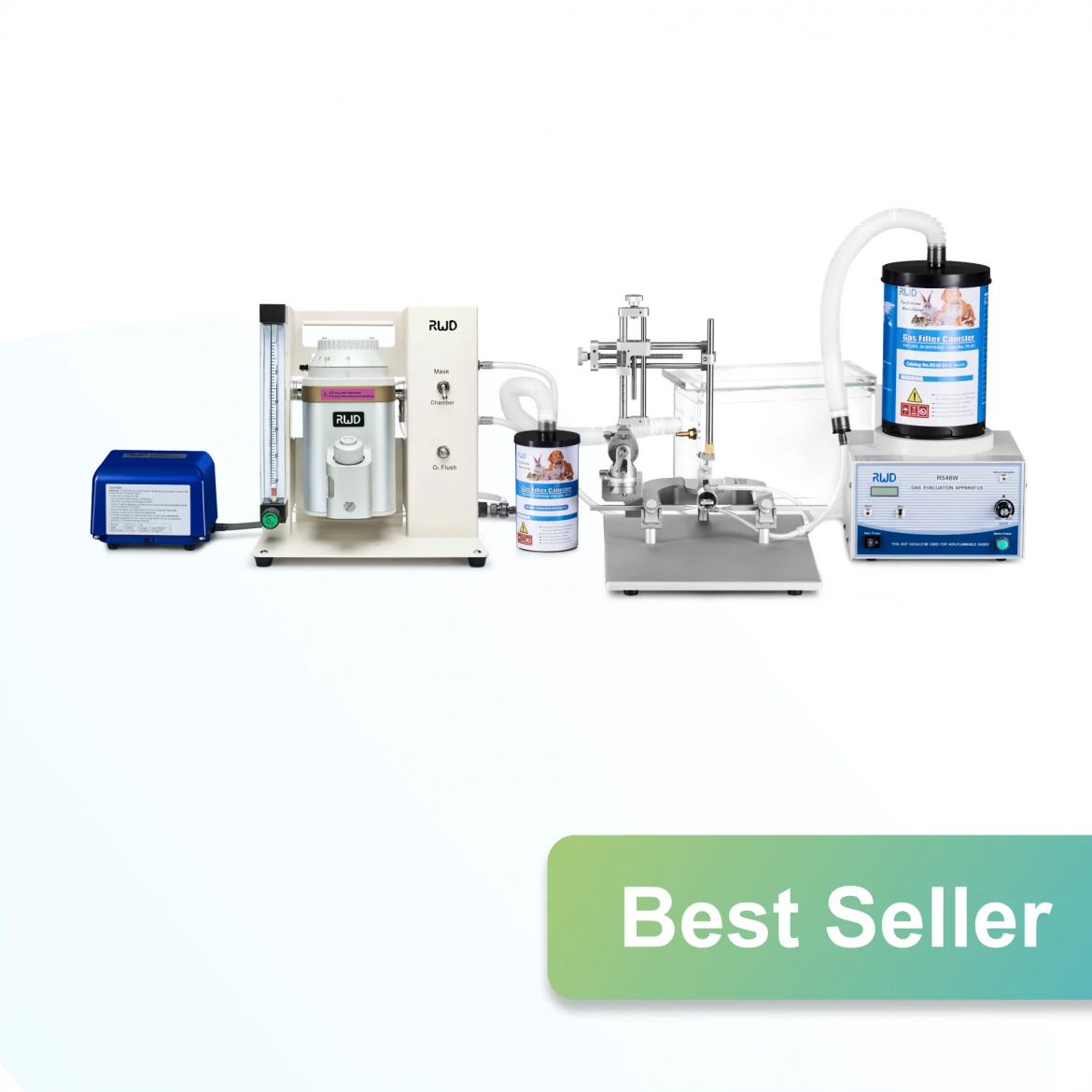A fundamental aspect of working in a biology laboratory involves selecting the correct tool for handling heated liquids. When the procedure calls for holding 50 mL of boiling water, the choice of vessel is critical for both safety and experimental integrity. The appropriate piece of biology lab equipment must be designed to withstand thermal stress without compromising the sample.
The Material Science of Heat-Resistant Glassware
The primary requirement for this task is a container made from borosilicate glass. This type of glass is the standard for much of the biology science lab equipment used in heating applications due to its low thermal expansion coefficient. This property allows the glass to endure rapid temperature changes, such as exposure to a flame or a hot plate, without fracturing. Using ordinary glass for this purpose would likely result in breakage.
Comparing the Beaker and the Erlenmeyer Flask
For a volume of 50 mL, two common types of biology lab equipment are typically suitable: a beaker or an Erlenmeyer flask. A 100 mL beaker offers a wide opening, which is advantageous for tasks like rapid cooling or adding other components to the heated liquid. An Erlenmeyer flask of a similar capacity, with its tapered sides and narrow neck, provides benefits for mixing and reduces the loss of volume through evaporation.
Essential Safety Protocols for Heated Equipment
Regardless of the vessel selected, safe handling is paramount. The piece of biology science lab equipment must never be sealed, as pressure buildup from boiling could cause a dangerous explosion. Furthermore, direct handling with heat-resistant gloves or tongs is necessary to prevent burns. Proper use also involves ensuring the glassware is free from cracks or chips that could create points of failure under thermal stress.
The correct application of basic biology lab equipment forms the foundation of reliable laboratory practice. For laboratories that require verification of their processes involving thermal cycles, BPLabLine offers specialized testing services to support quality assurance and protocol validation.


